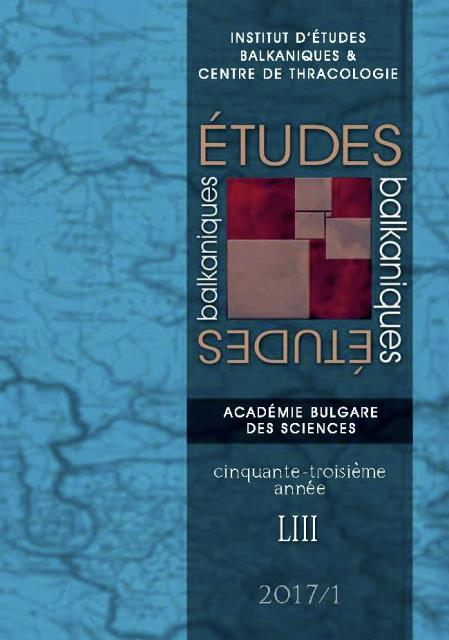THEORIZING NATIONALISM: THE NATIONAL IDENTITY AS A PARTICULAR FORM OF COLLECTIVE IDENTITY AND ITS POLITICAL RELEVANCE IN THE BALKANS
Theorizing Nationalism: The National Identity as a Particular Form of Collective Identity and its Political Relevance in the Balkans
Author(s): Veton LatifiSubject(s): History, History of ideas, Recent History (1900 till today), Transformation Period (1990 - 2010)
Published by: Институт за балканистика с Център по тракология - Българска академия на науките
Keywords: National Identity; Nationalism; Ethnicity and Nation;
Summary/Abstract: The creation of the national identity apart that it can take a particular form of the collective identity, it can take as well as a way of the transformation of an ethnic group in a multiethnic state into a self-conscious political entity, or eventually as Paul Brass suggests by the amalgamation of diverse groups and the formation of an inter-ethnic, composite or homogeneous national culture through the agency of the modern state. The identities of nations are mainly defined through the common traditions, history, and culture of their people. But in the case of divided nations it is not easy to structure their identities solely on this basis having in mind that, at the time of partition each parts of the nation it has been almost identical in ethnical, linguistic and cultural view. Ethnicity and ethnic groups are the key players when we speak about the holders of cultural diversity in the political sphere. Ethnic groups are a central source of values and identity, significantly more so than class, so much so that the modern state has been unable to absorb them. The paper explores the political importance of the process of creation of the national identity as a particular form of collective identity through comparative analyses of the politics in ethnically plural societies. The emotional link between place and national identity is a crucial factor in the Balkan’s region, having in mind that one and the same place is often claimed by several nations attached to the politics of ethnically plural societies. Discussing the contemporary dividing line between ethnic and national identity, the paper aims to identify the factors and scenarios of the inability of the nation- states and unclear future of the multi-ethnicity concept.
Journal: Études balkaniques
- Issue Year: 2017
- Issue No: 1
- Page Range: 5-23
- Page Count: 19
- Language: English
- Content File-PDF

